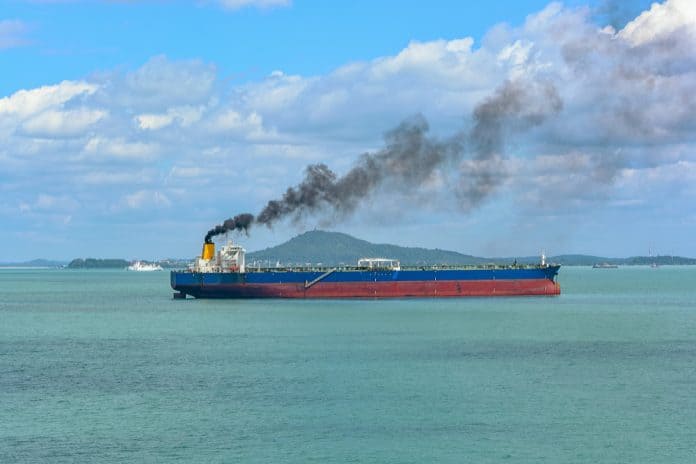Some new IMO regulations in the shipping industry went into effect earlier this year.
January 1st, 2023 marked the starting date of some new regulations drafted by the International Maritime Organization (IMO), a branch of NATO, to significantly reduce carbon emissions by large oceanic shipping vessels over time. The goals are 40% by 2030 and 70% by 2050. These regulations are designed to affect ships with gross tonnage (gt) of 400 and above.
Although they are designed to regulate shipping vessels, these regulations will affect not only commercial vessels, but also non-commercial vessels with the same requirements. But, of course, the shipping industry will the feel the growing pains of these new regulations significantly more.
How is a ship’s emissions efficiency calculated and determined?
Basically, a ship is rated compared to a baseline for its emissions efficiency based on a ship’s efficiency design – the Energy Existing Ship Index (EEXI) as compared to the Energy Efficiency Design Index (EEDI). If a ship exceeds the baseline, modifications are required to meet that baseline. As a compliment to finding out a vessel’s initial rating, a new rating system called the Carbon Intensity Indicator rating (CII) will rate ships using a scale from A to E (with “A” being a great score, and “E” being a very poor score), and will use these ratings to determine whether or not a vessel complies with regulations. If a vessel scores a D three straight years in a row or an E for one year, then the vessel will have to submit a plan explaining how they will achieve a C rating or above. Naturally, an “A” or a “B” is where you would like to be.
As you can you see, these regulations will take some time to be implemented but it is a good start.
It could take years to get everyone on board. Most shipping companies will comply, but it always come down to the bottomline. Even with fines or sanctions, it may sometimes be more cost-effective to just break the rules. It might be a minor inconvenience to get a fine when there is profitability in getting shipments to their destinations faster with a disregard to the regulation. It may be hard for a company to do the right thing in a situation like that. And, furthermore, what’s to stop a ship from scoring a D three years in a row, complying just enough to keep in business, and drop back down to a D for another three years? It seems counterproductive in the long run but sometimes companies are only looking for short-term gains.
To go even further, international enforcement presents many challenges. For example, a country may agree to the terms of the regulations but may either lack the ability to enforce certain rules in their jurisdiction or they just look the other way, because it benefits them fiscally. Lastly, you also have to keep in mind that not every country is a part of NATO, but most countries will agree that change needs to be done even if they are outside of IMO’s jurisdiction.
Ultimately, these regulations are a step in the right direction.
In fact, we have the technology to make our global networks more energy-efficient than ever before and the technologies are only getting better. So why not use these tools to promote cleaner waterways and oceans. In the long run, a cleaner and more efficient way to ship goods globally will make us prosper even more than our short term gains that prove to be unnecessarily inefficient. I would like to see where this all goes and I hope that we can make significant strides moving forward.




